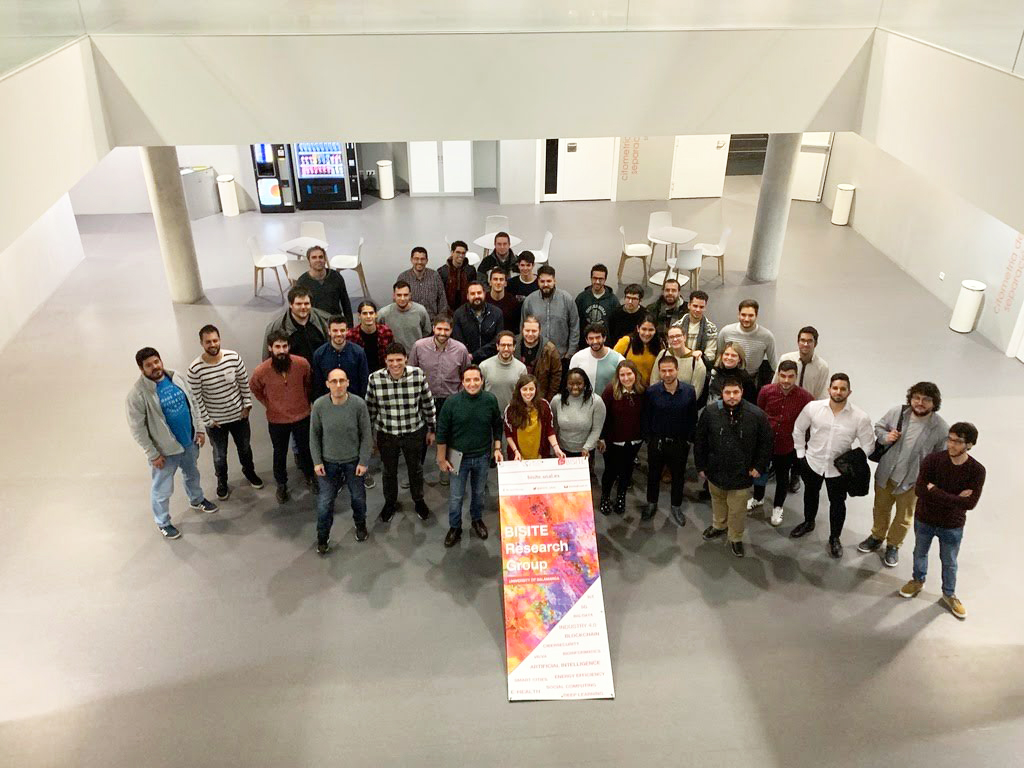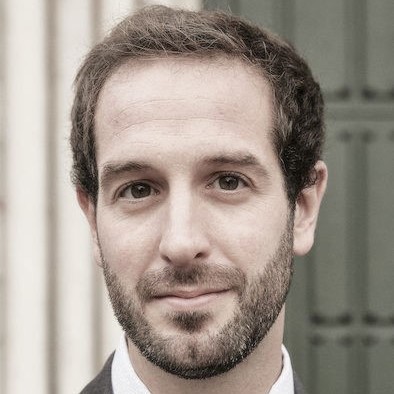
The Institute for Biomedical Research (IBSAL) provides expertise in artificial intelligence to understand and guide brain dynamics by interacting directly with the neuromorphic neuroprosthesis.

INSTITUTO DE ESTUDIOS DE CIENCIAS DE LA SALUD DE CASTILLA Y LEON https://www.icscyl.com/
IBSAL, part of the Fundacion Instituto de Estudios de Ciencias de la Salud de Castilla Y Leon (IECSCYL) is a technological institution founded in 2011, through a partnership agreement between the Regional Ministry of Health of Castilla y León and the University of Salamanca (USAL), also joined by the Spanish National Research Council (CSIC) in 2012. IBSAL was established to create an environment for biomedical research, targeting the clinical, epidemiological and health service themes. The institute integrates and coordinates the research carried out at the University Hospital of Salamanca, Primary Health Care and the biomedical departments of the University of Salamanca, including the Institute of Neuroscience of Castilla y León and the Institute of Cancer Molecular and Cellular Biology.
IBSAL mission is to drive translational research by fostering the synergy between basic and clinical research groups.
At the IBSAL, the BISITE group, created in 2000, is specialized in artificial intelligence applied to Bioinformatics, Intelligent Systems and Educational Technology. Over the last few years, the BISITE work has been directed towards the development of innovative products in collaboration with leading national and international companies and other research groups. The BISITE is a dynamic group that strives to enhance its main research areas with complementary branches of knowledge. Currently, the team includes experts in blockchain, electronics, augmented and virtual reality, telecommunications and biology.
Discover more
This is the ICSCYL team of the project, click on the name to expand the bio:

My research interests focus on artificial intelligence, machine learning, blockchain, IoT, fog computing, edge computing, smart cities, smart grids, sentiment analysis.

I hold a Technical Engineering in Systems Computer Sciences degree, an Engineering in Computer Sciences degree and a PhD in Computer Science. In addition, I have pursued other postgraduate degrees such as Master in the development of systems for e-commerce and Master’s degree in Computer Graphics Animation.
My main research interests focus on hybrid systems on bioinformatics, computer graphics animation, artificial vision.

I hold a Technical Engineering in Systems Computer Sciences degree, an Engineering in Computer Sciences degree and a PhD in Computer Science. In addition, I have pursued other postgraduate degrees such as Master in the development of systems for e-commerce and Master’s degree in Computer Graphics Animation.
My main research interests focus on hybrid systems on bioinformatics, computer graphics animation, artificial vision.

I am Assistant Professor in the Department of Computer Science and Automation at the University of Salamanca and Coordinator of the degree in Computer Engineering at the same University.
I have an extensive international research experience, developed in Portugal and South Korea.
I have been involved in several research projects which have led to more than thirty intellectual properties.

As a biologist specialised in bioinformatics, I am in charge of the data analysis and design of the neural networks to be trained in the project, as well as the development and implementation of the code in the final software.

As a computer scientist I design the models of the brain signals to allow us to understand better the dynamics and develop better AI algorithms.